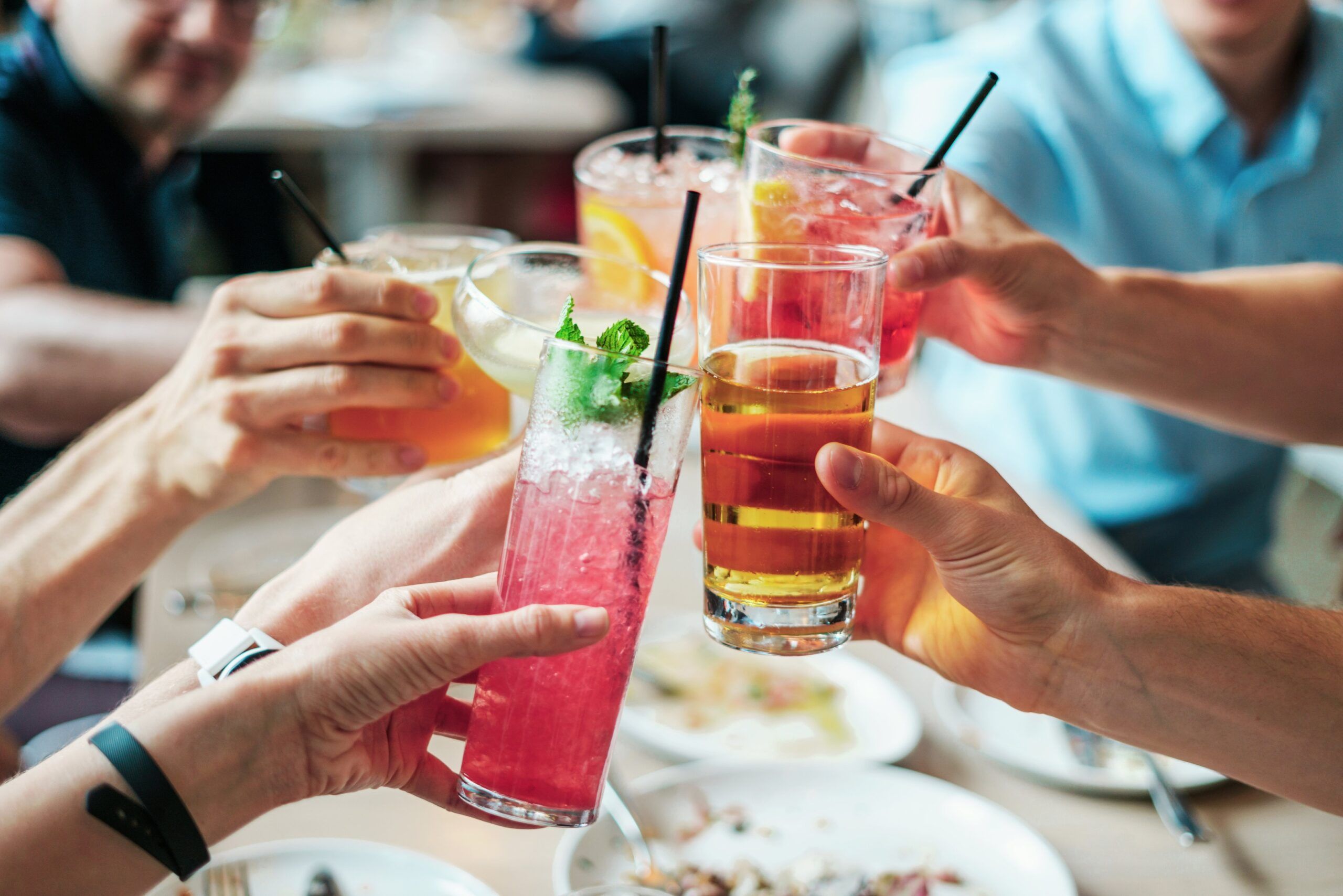Parents are conflicted when it comes to zero-alcohol beer, wine and spirts and adolescents, experts say.
The meteoric rise of zero-alcohol drinks has propelled the market into the millions, heralding a new era filled with options but also confusion for parents nationwide.
Despite their growing popularity among adults aiming to cut back on alcohol consumption or abstain entirely, the implications of these beverages for teenagers remain largely unstudied, leaving parents in a quandary, new research from Flinders University released on Tuesday shows.
Zero-alcohol drinks, which contain alcohol levels below 0.5 percent by volume but mimic the taste and appearance of their alcoholic counterparts, present a unique challenge for parents, says Nathan Harrison from the National Centre for Education and Training on Addiction (NCETA), College of Medicine and Public Health.

“Our research found that parents feel like they don’t have enough information to make an informed decision, and are conflicted on whether alcohol-free alternatives are suitable, healthy or possibly harmful for teenagers,” Mr. Harrison explains.
Parents express concerns about the potential normalisation of alcohol consumption through the consumption of zero-alcohol beverages, given their striking resemblance to traditional alcoholic drinks.
Such worries are compounded by the marketing strategies employed by major alcohol companies, which often blur the lines between zero-alcohol and alcoholic products, particularly in the case of beer brands.
Dr. Ashlea Bartram, who led recent research analysing the views of over 1100 parents, highlights the challenges parents face in setting boundaries and navigating conversations about alcohol with their teenage children.
“Research has shown that delaying the introduction of alcohol to children can reduce the likelihood of binge drinking and alcohol-related issues later in life,” Dr. Bartram said.
“This underscores the importance of parental guidance and intervention in shaping healthy behaviours and decision-making regarding alcohol consumption.”
Given the uncertainty surrounding the effects of zero-alcohol drinks on adolescents, Dr. Bartram recommends a precautionary approach, advising parents against providing such beverages to their teenagers.
“Many parents want to do what they can to minimise harms from alcohol to their children. For now, we advise a precautionary approach and recommend that parents do not provide zero-alcohol drinks to their adolescents,” she suggested.
Christine Morris, Prevention and Advocacy Manager at Cancer Council SA, emphasises the need for vigilance in advertising regulations, particularly concerning products with potential health implications.
“Zero-alcohol drinks are allowed to be marketed and sold in ways that regular alcoholic drinks cannot. Any amount of any type of alcohol increases the risk of seven types of cancer, and it’s important to make sure that children and young people are not exposed to advertising from alcohol companies that could put them at risk of harm,” Morris said.

